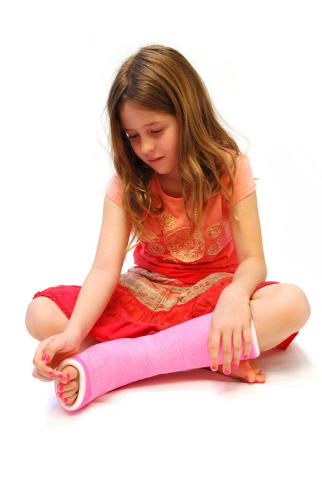Happy Spina Bifida Awareness Week!
The first week in September in Australia is dedicated to raising awareness in the wider community about people living with Spina Bifida. We thought to show our support, we’d share some facts about Spina Bifida.
- Spina Bifida is a type of neural tube defect that affects about 5000 Australians.
- A neural tube defect occurs when the neural tube that encloses your spine doesn’t close during foetal development, leading to damage and poor formation of the spine and brain. This can occur anywhere along the spine.
- There are varying degrees of incomplete spinal closure and these result in different types of Spina Bifida. Levels of severity can vary very widely, from minimal to no symptoms to profound disability with limited independence.
The main forms of Spina Bifida are:
- Spina Bifida Occulta – This is the mildest form of Spina Bifida, characterised by a very small part of the spine having not developed, leaving a gap which exposes the spinal cord. The nerves are generally normal and this type can often be corrected with surgery with no associated symptoms.
- Spina Bifida Meningocele – characterised by a sac of fluid forming in the opening of the spine. This means that the spinal cord is more openly exposed than in Spina Bifida Occulta and can be associated with minor symptoms of disabilities.
- Spina Bifida Myelomeningocele – This is the most severe form of Spina Bifida, characterised by a sac of fluid which contains part of the spinal cord protruding through the opening in the spine. This leaves the spinal cord critically exposed and there is significant risk of nerve damage. This can result in significant physical and intellectual disability.
Common presentation of Spina Bifida can include:
- Limitations in mobility due to weakness or paralysis of legs and lower body
- Bladder and bowel incontinence
- Learning difficulties

Meet a CKP little legend - Quillan!

Quillan is an amazing 2 year old boy who lives with his parents in Cowra. Quillan was diagnosed with Spina Bifida Sacral Myeloschisis antenatally. Quillan underwent his first surgery at only one day old, to repair the opening in his spine and relieve pressure on his brain, caused by Hydrocephalus.

During the first few months of his life, Quillan and his parents experienced several health scares which required more time in Sydney.
After these initial scares, Quillan has gone from strength to strength with the help of lots of therapy and hard work from his family! He is now able to commando crawl and sit on the floor with minimal assistance.
Due to the type of Spina Bifida that Quillan has, he is paralysed from the waist down, and is unable to use his legs. Quillan uses a standing frame for some upright play and propels himself forward in an introductory wheelchair.

Quillan loves to play with blocks, play peek-a-boo and throw balls. Quillan’s favourite things in the world are his parents and animals.
The team at CKP feel so lucky to be able to help Quillan develop new skills, reach new milestones and provide support to both Quillan and his family! We very much look forward to continuing to see this little legend progress and thrive!



